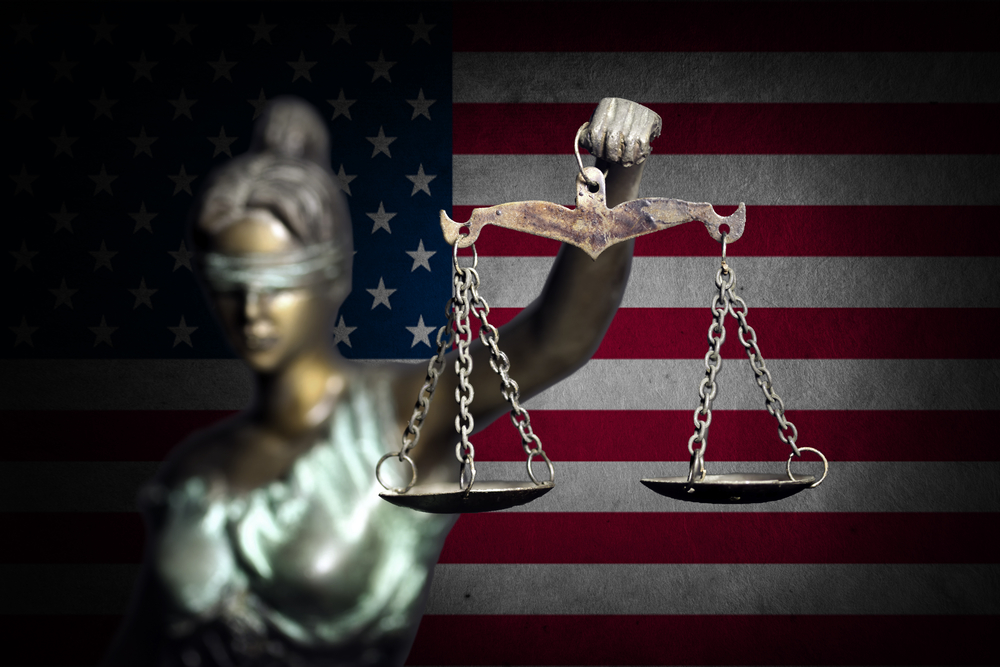
The U.S. Supreme Court refused to hear Genius’ lawsuit against Google, thereby upholding the decisions of lower courts that ruled in Google’s favor. The dispute between the two companies began in 2019 when Genius, a web resource known for publishing song lyrics with the necessary licensing, claimed that Google was “stealing” its work. Genius claimed that Google’s search engine was turning up song lyrics taken from LyricFind, a website that allegedly copied them from Genius and transferred the license to Google.
However, Genius was defeated in both the district and appellate courts in 2020. District Judge Margo Brody ruled that Genius’ lawsuit “prevailed” over the U.S. Copyright Act, a ruling that could not be overturned on appeal.
Ironically, Genius found itself in a quandary. The company argued that publishing licensed song lyrics requires significant labor and resources to transcribe them, giving it additional rights beyond the original copyright. However, the judge said that Genius had essentially created unauthorized derivative works based on the original song lyrics, making its claims no different from copyright claims. The district court’s decision stated: “Defendants have unauthorizedly reproduced plaintiff’s work, which in and of itself violates the owners’ exclusive right under federal copyright law.” On appeal to the U.S. Supreme Court, Genius argued that Google’s violation of the terms of use of the materials on their site was not invalid under the Copyright Act. They argued that copying the materials was prohibited and nothing in the law contradicted the additional restrictions stated in the contract. Genius argued that the decision sets a dangerous precedent for companies that hold licenses but not copyrights to content, calling into question the contractual nature of their relationship.
In response, Google dismissed Genius’ arguments as troubling hyperbole and upheld the appeals court’s decision. “The Second Circuit correctly held that Genius’s contractual claims are equivalent to copyright infringement claims and therefore not actionable. Genius’s contract claims are disguised copyright claims. Genius seeks to enforce rights that are not only equivalent to, but virtually identical to, the rights set forth in Section 106 of the Copyright Act.”
The U.S. government scrutinized the case and urged the Supreme Court to dismiss the suit. According to the State Department, there were no material differences between the rights claimed by Genius and those protected under federal law. The government’s appeal also notes that no evidence of the contract that Google allegedly breached has been established. “[Genius] does not allege that defendants expressly promised not to copy lyrics from plaintiff’s website. To the contrary, according to the plaintiff, any person who visits its site automatically becomes a contractual counterparty and agrees to the terms of service, regardless of whether the visitor is aware of the browsing agreement or any of its specific provisions.”
It appears that the U.S. Supreme Court agreed with the lower courts’ decisions.
Consequently, the decision emphasizes the principle that a company cannot assert copyright-like rights over a contract that was not consensual. It reinforces the position that contractual agreements cannot override existing copyright law, bringing clarity to future litigation involving licenses and copyrights.


